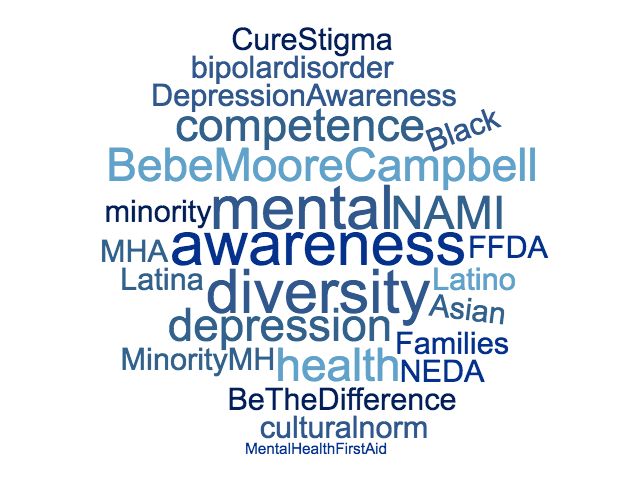
Sarah Davies, Families for Depression Awareness Volunteer
I like to think that my issues with the mental health care on our Army post are the result of a perfect storm. I live with Bipolar II, which I know how to self-regulate for the most part. There are times, however, where either I know I need to check in or my primary care manager (PCM) recommends a visit. At our current duty station, I have seen both a psychiatrist and psychologist at the recommendation of my PCM. Both visits have left me wanting better care. The psychiatrist put me on an anti-depressant, which is contra-indicated for Bipolar as it can spin me into a manic state (which it did). I stopped taking the meds and asked to be seen by a psychiatrist to figure out a self-care plan without medication. I saw him one time—during which he allowed me to speak for maybe five minutes out of an hour. He asked for my background—during which I mentioned my college education—and he went off on a tangent about a woman he dated that went to my alma mater and how attractive the women there seem to be. My lack of confidence in his ability to listen to me, his one job, kept me from returning.
I mention all of this because I believed my bad experiences were just a result of those doctors not listening to me; like I said, a perfect storm of incompetence that I was unlucky enough to be part of. When I said that to my husband, he countered my assessment. It’s just a regular storm. It’s what too many spouses and service members face when they go to mental health [services].
Read More














Connect With Us